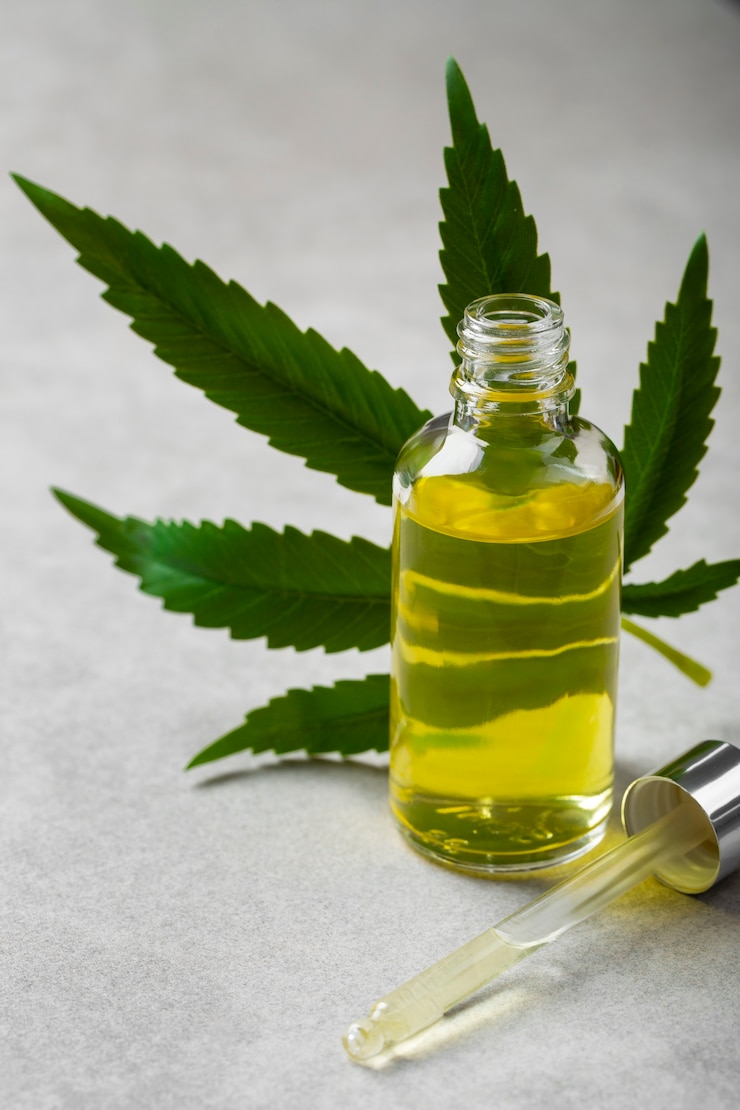
Your mental health has a huge impact on how you feel, think, and behave every day. It influences how you handle stress, face challenges, recover from tough times, and build meaningful relationships. Sometimes, preserving good mental health requires seeking professional help, which might include exploring options like using CBD (cannabidiol), a compound found in cannabis.
In recent years, cannabis has gained widespread attention and acceptance, with many people turning to CBD for its potential mental and emotional health benefits. Whether you prefer using a CBD vape pen, taking it under your tongue, or exploring other cannabis-based options, this product may help improve mental well-being. Interestingly, CBD has also been found to benefit pets, with many dog owners choosing CBD oil or hemp-based products for their pets to reduce side effects associated with traditional medications.
1. Managing Anxiety
Feeling anxious in certain high-pressure or risky situations is a natural response, but for some, anxiety can become overwhelming and interfere with daily life. In some cases, it intensifies to the point of becoming a disorder. When this happens, it’s important to seek guidance from a professional to figure out the best way to manage it.
Studies have shown that medical cannabis, including CBD products like delta-8 THC and hemp flower, can be effective in alleviating anxiety symptoms. Products such as gummies or vape cartridges that contain CBD may offer relief in such cases, helping you feel calmer and more in control.
2. Boosting Cognitive Function
As we age, it’s normal to experience some decline in memory and cognitive functions. However, this doesn’t mean we can’t take steps to protect our brain health. Along with following a healthy diet and staying physically active, using CBD products may also help.
CBD contains therapeutic properties that are believed to enhance cognitive functions such as working memory, critical thinking, psychomotor abilities, and executive function. Adding CBD to your wellness routine might support your brain’s overall health as you age.
3. Supporting Epilepsy Management
Epilepsy is a well-known neurological condition where individuals experience repeated seizures caused by abnormal electrical activity in the brain. This disruption can interfere with brain cell communication.
Cannabis, particularly cannabidiol, has been increasingly recognized for its potential therapeutic benefits in managing epilepsy. Because CBD is non-psychoactive, it doesn’t produce a “high” while offering beneficial effects. In fact, the FDA has approved a CBD-based drug called Epidiolex, which is prescribed to treat certain types of epilepsy. Some specialized medical centers in the U.S. even use this medication to help patients manage seizures.
4. Addressing PTSD
Post-traumatic stress disorder (PTSD) is a mental health condition triggered by experiencing or witnessing traumatic events. Common symptoms include flashbacks, nightmares, difficulty sleeping, impaired memory, and trouble concentrating. PTSD can significantly affect a person’s overall well-being and increase risks of depression, substance dependence, and even suicidal tendencies.
CBD and THC have both been found to help individuals with PTSD by enhancing the body’s endocannabinoid system, which regulates functions such as mood and memory. They work by engaging CB1 and CB2 receptors in the brain, helping to reduce emotional distress and encourage feelings of pleasure and calmness. In certain cases, cannabinoids may also assist in minimizing triggers that cause painful memories to resurface, offering relief to those with PTSD.
Final Thoughts
With cannabis becoming a legal treatment option in many parts of the U.S., there’s growing interest in its ability to support mental health. If you’re dealing with anxiety, PTSD, or other mental health challenges, it’s vital to speak with a healthcare professional. They can help you determine the best approach for your needs, which might include incorporating a CBD regimen.
Using CBD products regularly could help you maintain a baseline concentration in your system, providing long-term benefits for conditions like anxiety, cognitive decline, epilepsy, and PTSD.